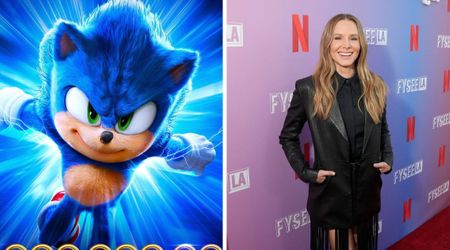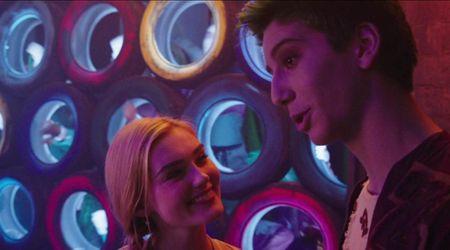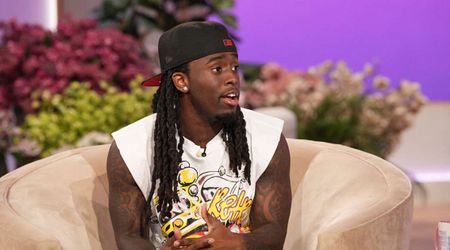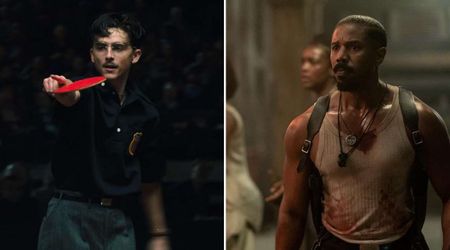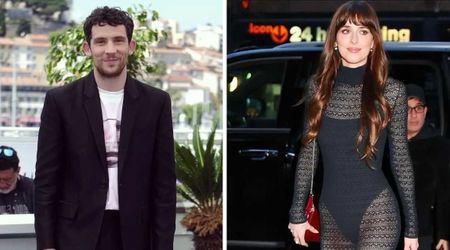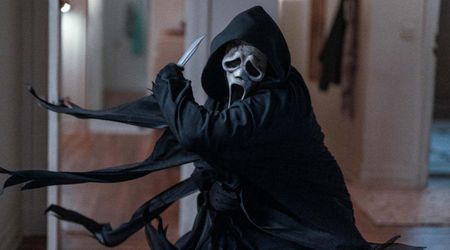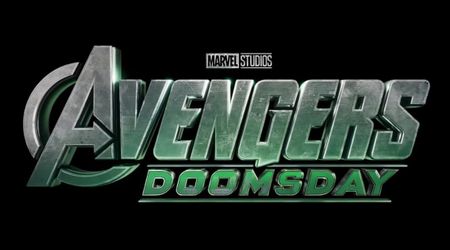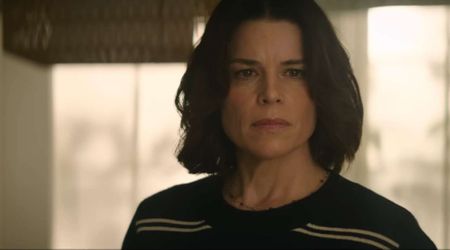'Joker', with hypnotically enticing performances, is a cinematically beautiful telling of a story that didn’t need to be told

With Joker, Todd Phillips has transcended the expectations of what it means to be a comic book movie, and while his efforts will no doubt be praised by audiences and critics alike, the film itself is not without issue. From the very beginning, the film engages viewers with a mixture of stunning cinematography, a brilliant soundtrack, and a hefty dose of the 80’s nostalgia that’s so on trend recently.
However, while the performances from the entire cast are hypnotically enticing, an applaudable feat, and the technical aspects are damn-near perfect, the issues lie in the intrinsic story and storytelling itself. From the start, Arthur Fleck (aka Joker) is set up to be a sympathetic hero.
Much like Peter Parker missing the bus and being mocked by his classmates sets up the viewer to feel a sense of empathy towards him and ultimately enforces the audience to cheer him on as he becomes Spider-Man, Arthur is portrayed as a victim of a cold and uncaring society. His attackers are the true villains, and they represent society as a whole.
They are the real enemy - the embodiment of senseless violence- while Arthur’s more severe violence is seemingly justified. Thomas Wayne, a character hailed as a pillar of righteousness in most Batman adaptations, is depicted as the ultimate evil: an overly privileged billionaire elite with endless apathy.
This uncaring is specifically demonstrated in a storyline with Arthur’s mother, a former Wayne Enterprises employee who is now greatly ill. Not only is he portrayed as dismissive of the mentally ill, he hails himself as the city’s “only hope,” in an egotistical and deeming tone and when asked about the crimes, simply states, “There’s something wrong with those people.”
In doing so, Phillips has flipped the traditional “Superhero/Villain” storyline simply by inverting the characters within pre-established tropes. This is a clever concept, but it also works a bit too well, humanizing a character that is known to represent evil as a “misunderstood antihero.”
Batman fans like myself will likely feel just as divided over the liberties taken with the storyline juxtaposed with exact comic book scenes recreated to the tiniest detail. I won’t post spoilers, but if you hoped to avoid any direct Batman references in the film and have it be a new adaptation purely of the Joker, your only option is to plan your bathroom breaks accordingly. You will see Thomas, Bruce, and even Alfred at some point.
Or, you can just remind yourself that Thomas Wayne in the initial run was barely in the comics, so if they’re going to make an elaborate backstory with him, it will never be canonically accurate because it’s only truly canon for him to say a couple of words to Bruce, then just walk out of the theater and die. So, take it all with a grain of salt.
Sadly, the movie itself seems to also involuntarily side itself with another overly-used trope of demeaning the mentally ill. While Arthur ultimately spirals as a result of the system failing him by taking away his necessary treatment for his mental illness, he is still fully medicated when he commits his first murders and is invigorated by them.
When he kills later, we still side with him because he is not indiscriminate. One man is killed because he has proven to be an unlikeable, unkind and unfair character to Arthur throughout the story, but he purposely lets another go and even helps him because he was once kind to Arthur.
Moments are constantly included to subtly assure that he’s still a “good guy,” or at least, the hero of this story. The ultimate message boils down to the Joker origin being a simple formula: “What do you get when you mix a mentally ill loner with a society that abandons him and treats him like trash? You get what you deserve.”
Haunting on a cinematic level, the issue lies in the fact that real-life domestic terrorists justify their actions similarly, and will no doubt be influenced by the grand scale praise of this film and its title character. The “Kill the Rich” mantra is celebrated throughout the film and seems to be the surface-level moral of the story.
While the film is able to highlight real-life societal shortcomings in a way that feels unnerving and cinematically chilling, the potential real-life implications of this message are beyond troubling. Art shouldn't ever limit itself because of the possibility for disturbed people to misattribute messages and take actual harmful action but filmmakers have a responsibility to “practice what they preach,” if you will.
The movie states society’s problem lies in an individual’s inability to see past themselves and consider the viewpoints of others. It should've considered the viewpoints of the non-violent mentally ill and demographically-based, oppressed minorities who can be negatively impacted by the way it chose to execute certain aspects of this film.
The fact that Joaquin Phoenix walked out of an interview when asked about it, then the film banned press interviews at the premiere, demonstrate this was an element that maybe wasn’t dissected as well as it should have been in the film’s first meetings.
Is it a good movie? Yes. Did it need to be made in our current social and political climate? Maybe not. Will it potentially have negative ramifications that seem to have not been considered when making the movie? I hope not. Either way, you will enjoy being horribly disturbed by this film.


